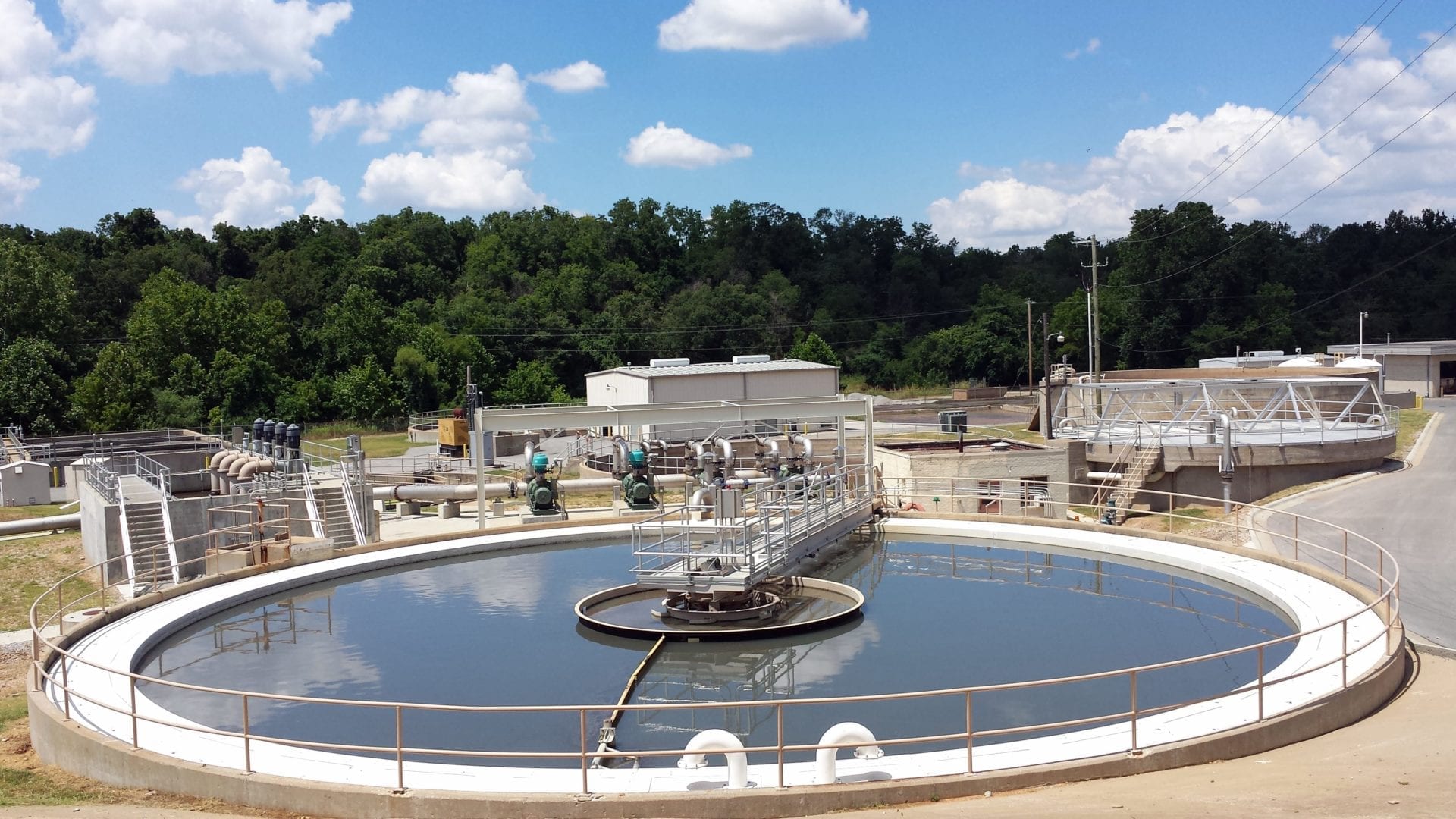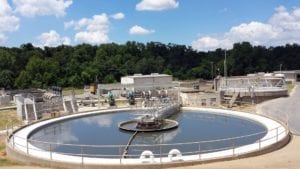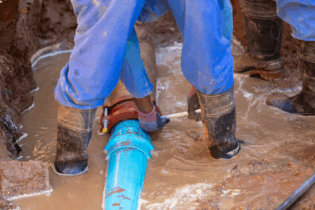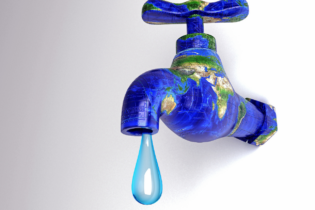
File photo of a wastewater treatment plant. Picture: Supplied.
This is according to Frost & Sullivan Visionary Science Practices Research Analyst, Justin Malherbe.
Malherbe says the decline of the country’s water quality is due to the current water crisis, and believes this will increase opportunities for suppliers within the water and wastewater treatment chemicals market.
2020 forecast
Frost & Sullivan recently released a new paper titled,
Industrial water and wastewater treatment chemicals market analysis in South Africa, forecast to 2020. It found that this market, which is valued at $159.3 million, experienced a significant decline between 2013 and 2014. This was due to “political and economic instability”.
However, the paper found that this market will recover, reaching $199 million by 2020.
While the ‘other’ chemicals segment is expected to be the fastest growing chemicals segment in the market until 2020, the largest segment, coagulants and flocculants, is expected to be the slowest developing in the market.
Cost competition
South Africa’s wastewater treatment chemicals industry is said to face serious competition from Asia and the Middle East with its cheaper priced imported chemicals.
However, Malherbe said that participants in the market are positive about growth in the industry. “The government has been encouraging industrial wastewater treatment and reuse by imposing penalties on non-compliance and rolling out incentive-based Green Drop and Blue Drop regulations,” he said.
Malherbe added that updates to regulations and policies are impelling Eskom, as well as other companies, to achieve the zero liquid effluent discharge targets. This is said to boost the demand for water treatment chemicals among industry end users.








